Medical Blog About Treatment Abroad
Welcome to our medical blog – it is dedicated to empowering patients with knowledge about global healthcare! We created this platform with the intention to bridge the gap between patients and the medical innovations available globally.
What's Inside: Discover new and rare methods in oncology, immunology, heart surgery, neurosurgery, and other medical fields! Our health travel insights show how medical journeys open new possibilities with advanced treatments unavailable locally, including specialized cancer care abroad.
Who Benefits: This resource is for patients and their families who seek new treatment methods and explore options at leading international hospitals. Those who want to make informed healthcare decisions beyond borders.
Why Read: Booking Health experts provide verified information through patient-friendly articles – they translate complex medical advances into accessible info. Stay current with the latest developments in global healthcare and discover how international medicine can transform treatment outcomes!
Browse our latest articles and take the first step toward better health outcomes!
New in medicine abroad - page 3
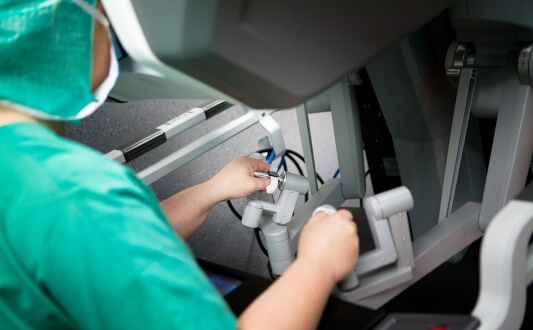 Robot-assisted treatment of stomach diseases: Da Vinci system
Robot-assisted treatment of stomach diseases: Da Vinci system
The Da Vinci robot is increasingly being used in developed countries to perform stomach surgeries. With the help of this surgical system, surgeons can perform minimally invasive resection of the stomach (partial surgical removal of the organ) or gastrectomy (total surgical removal of the stomach).
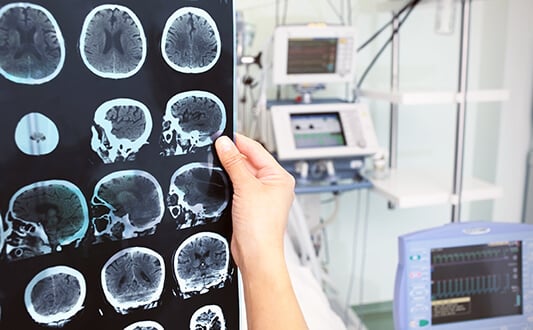 ROSA - the Neurosurgeons dream assistant
ROSA - the Neurosurgeons dream assistant
Robotic assisted technology is the latest breakthrough in neurosurgery. Robotic Surgery Assistance or ROSA as it is commonly called, is now being used at the University clinic in Frankfurt, Germany. The advantages of using robotic surgery is minimally invasive, less pain, small incisions, reduced blood loss, quick recovery ...
 Cellular therapy is a fast-growing field in Medicine
Cellular therapy is a fast-growing field in Medicine
Cell therapy is one of the rapidly developing and novel methods for the treatment of diverse diseases. It is based on the use of artificially collected pluripotent cells or products of their cultivation. Until recently, cell therapy was not widespread in the clinical practice. The reason was the high cost of the procedure itself and lack of information about its long-term results.
 Minimally Invasive Cancer Treatment with Heat Waves: Microwave Tumor Ablation
Minimally Invasive Cancer Treatment with Heat Waves: Microwave Tumor Ablation
According to the U.S. National Center for Health Statistics, more than 1.9 million new cancer cases and more than 60,000 cancer deaths were predicted in 2023 in the U.S. alone. In this article, we embark on a journey to explore the potential of microwave tumor ablation as a beacon of hope for cancer patients. We'll look at the complexities of...
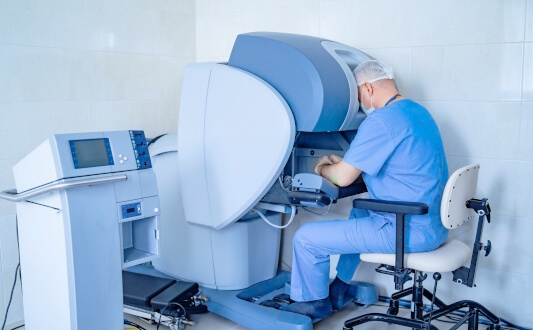 Robot-assisted treatment of intestinal diseases: Da Vinci system
Robot-assisted treatment of intestinal diseases: Da Vinci system
More than 7,000 Da Vinci robotic systems are available worldwide. Robot-assisted surgery is most commonly used in urology and gynecology. It has also become widespread in colorectal surgery and in the treatment of intestinal diseases, but it has not yet become the standard treatment for small bowel pathologies.
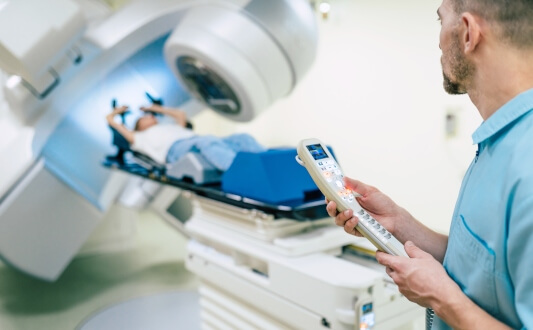 Methods and benefits of gallbladder cancer treatment in German medical practice
Methods and benefits of gallbladder cancer treatment in German medical practice
Gallbladder cancer is a rare but severe malignant disease, most cases of which are diagnosed at an inoperable stage. You can undergo your diagnosis and treatment for this disease in Germany. Even with inoperable cancer, long-term control of tumor growth can be achieved using radiation therapy and medications.
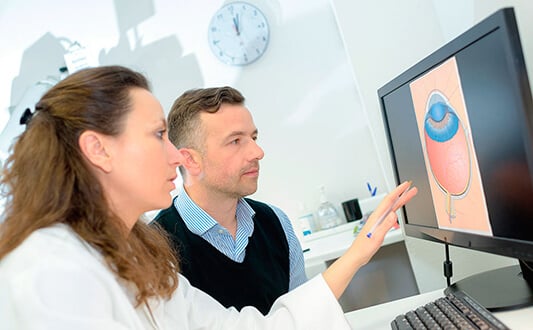 Artificial Retina Implant Could Restore Vision to Millions
Artificial Retina Implant Could Restore Vision to Millions
A few years ago, patients who lost their vision due to the degeneration of the retina did not have any hope to restore their vision. Luckily, medical science has progressed significantly further and can now offer a real chance to get partial vision for such patients. Argus II retinal prosthesis system was invented in Germany.
 Groundbreaking techniques for herniated disc treatment
Groundbreaking techniques for herniated disc treatment
Herniated disc or hernia of the intervertebral disk aggravates a nerve and triggers lower back pain or affects the neck area. Both sensitive and motor spinal nerve roots are compressed and result in impaired movement. Sometimes, the pathology might provoke internal organs, which can result...

